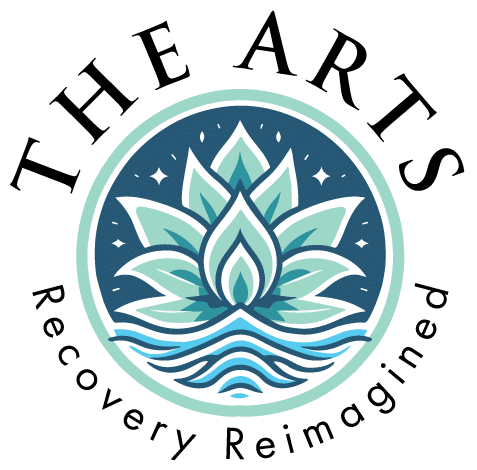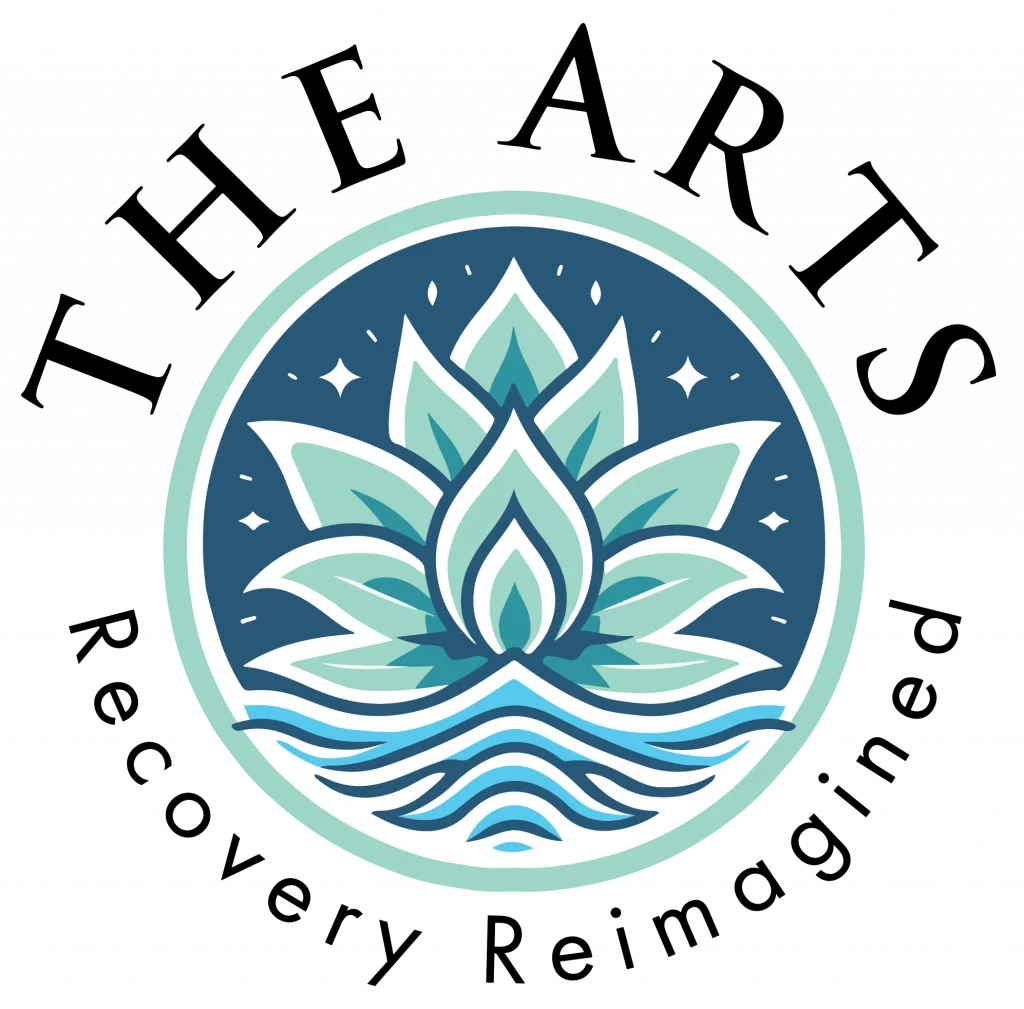How Addictive is Zoloft®?
Zoloft is the brand name for sertraline (pronounced “SER tra leen”) and is a commonly prescribed antidepressant for depression, anxiety disorders, obsessive-compulsive disorder (OCD), post-traumatic stress disorder (PTSD), and more. Antidepressant use has increased over the past decade in the United States, and data from 2015 to 2018 revealed that 13.2% of adults 18 and older had used antidepressant medications in the past 30 days. It is notable that of the 13.2%, women are more likely to use antidepressants (17.7%) than men (8.4%). This blog post will briefly explain the classes of antidepressants, the difference between dependence and addiction, and answer the question of how addictive Zoloft is.
What Are Common Types of Antidepressants?
Antidepressants are a common treatment for depression. While they may not cure depression, antidepressants can lessen the symptoms by changing the levels of chemicals (neurotransmitters) in the brain. Common types of antidepressants used to treat depression are SSRIs (selective serotonin reuptake inhibitors), SNRIs (serotonin-norepinephrine reuptake inhibitors), tricyclic antidepressants, and NDRIs (norepinephrine-dopamine reuptake inhibitors), though the only NDRI currently approved to treat depression is bupropion.
What is Zoloft?
Zoloft is an SSRI that increases levels of serotonin (a naturally occurring substance) in the brain to help regulate sleep, appetite, mood, cognitive function, and more. SSRIs are often a starting point for healthcare providers when prescribing medication for their patients because SSRIs tend to have fewer side effects than other types of antidepressants. Brand names of SSRIs you might recognize, in addition to Zoloft, include Prozac and Lexapro. Zoloft was approved by the FDA (Food and Drug Administration) in 1991.
How Addictive is Zoloft?
To understand how addictive Zoloft is, it may be helpful to first differentiate between dependence and addiction.
Dependence occurs when our body becomes physically reliant on a drug. Over time, we can develop a tolerance to the drug, and we may need higher doses to achieve the same effect. Dependence is likely to include withdrawal symptoms if a substance is stopped abruptly, but it does not typically include cravings or have harmful effects when used correctly.
Addiction involves changes in behavior. A person with an addiction will continue to use a drug or substance even when it causes problems in their personal life. Cravings are common, as is loss of control over the ability to limit or stop using the substance.
Because Zoloft does not produce cravings or a strong desire for compulsive use, it and other SSRIs are considered non-addictive by medical professionals. However, Zoloft can create a physical dependency. If you are going to stop using Zoloft or want to adjust your dose, consider developing a plan with your provider to avoid withdrawal symptoms caused by physical dependency. Common withdrawal symptoms could include nausea, dizziness, irritability, and anxiety.
The ARTS IOP Can Help with Mental Health Disorders and Substance Abuse
The Addiction Recovery and Treatment Services Intensive Outpatient Program (ARTS IOP) offers treatment options for mental health disorders such as depression and anxiety. Our licensed professionals believe in an individualized approach for everyone they treat. If you are looking for support with a mental health disorder, we hope you will contact us today to discuss treatment options.
We also provide substance use treatment designed to meet you or your loved one at various stages of recovery, including partial hospitalization, intensive outpatient, outpatient, and sober living. Our treatment providers can give the necessary support and resources for your recovery while treating you with kindness and compassion. Please connect with us today to discuss which treatment options might be right for you or your loved one.

